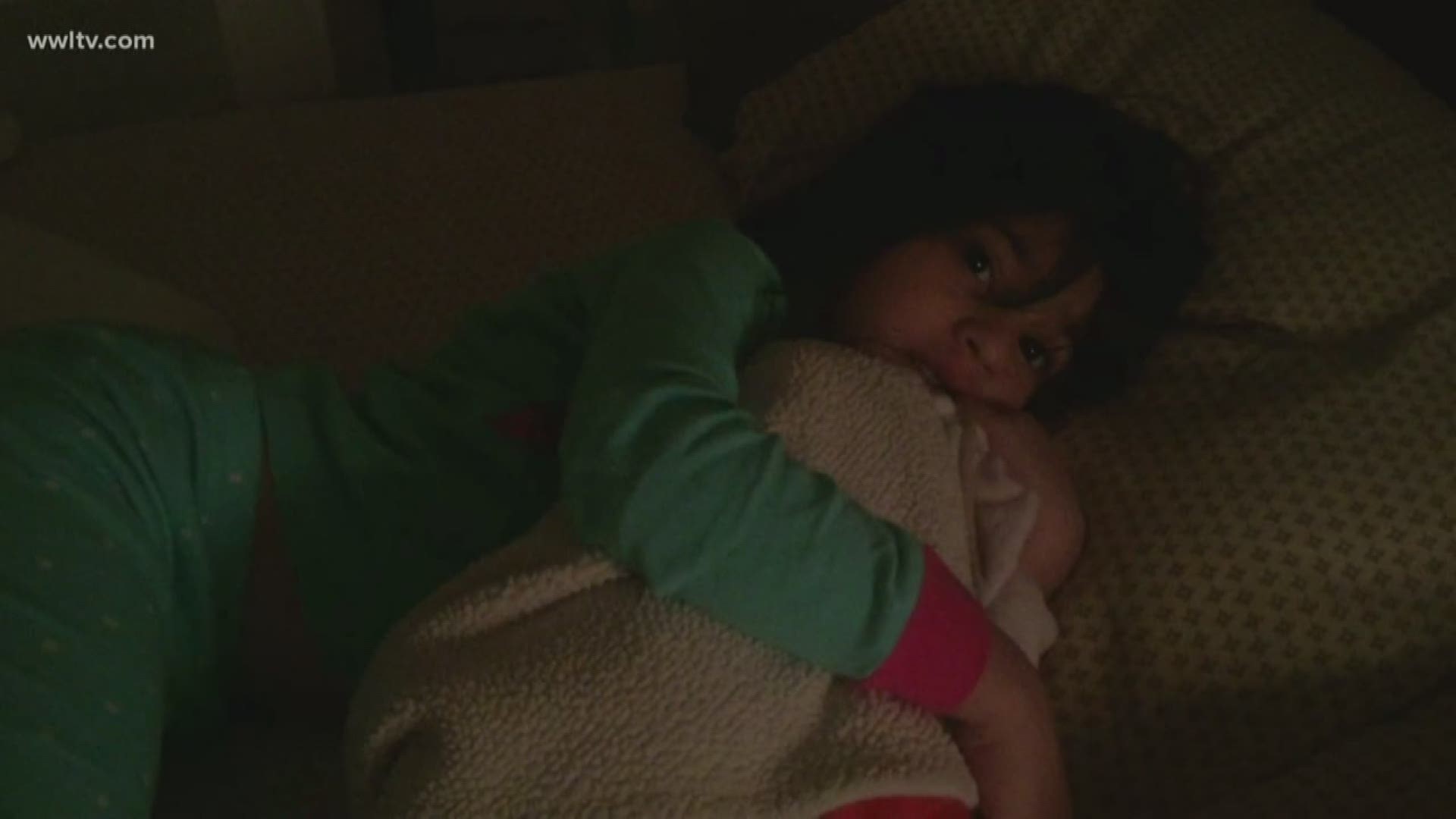NEW ORLEANS — Is it safe to give melatonin hormone supplements to children to help them sleep?
Doctors say it can help but it's more of a Band-Aid, and not a long-term fix for sleep problems.
Angelina Vicknair is the mom of two boys, Jude, eight and Elijah, five. And as all parents know, bedtime is not always met with enthusiasm.
So on occasion, not routinely, like after a vacation, a busy weekend, or daylight saving time, she gives them a melatonin supplement.
"They settle down a lot faster, and I'm not hearing a lot of calling from the room," she said.
Angelina's not alone. She's part of 'New Orleans Mom,' the area's largest parenting resource website. Last year, nearly a million parents visited for advice. And they are asking about the safety of the hormone supplement.
"I'm hearing more and more moms that are turning to melatonin occasionally for their children," Vicknair said of the social media posts.
RELATED: Cancer rates have dropped for the past 30 years
Tulane pediatrician, Dr. Nicole Sheldon, gets the question a lot too. "'Can we try the melatonin? We've heard about it. We know it's natural,'" Dr. Sheldon said her patients' parents ask.
Melatonin is naturally made in the brain when it gets dark. It signals bedtime, but Dr. Sheldon warns 'natural' doesn't mean there are no side effects.
"What we don't have is a lot of studies on the long-term effects of melatonin, and whether it can interfere with growth development, long-term side effects," explained Dr. Sheldon who sees patients at the Metairie Children's Hospital clinic.
For best sleep, Dr. Sheldon recommends: 1. children get activity during the day. 2. Lay off caffeinated, sugary soft drinks. 3. Keep the same bedtime and routine every night, like bath, book, bed. 4. Get off of all screens at least an our before bedtime. The blue light they emit signal day time. You can also set phones and tablets to change the color light by the clock, or wear blue blocker glasses. Other Tulane light experts also say wear a sleep mask at night and only use a red night light.
"If you're going to give your child melatonin, you need to do it and make that decision with your pediatrician," said Dr. Sheldon.
The American Academy of Pediatrics says only use it short term and at the lowest dose possible, so children can learn to self sooth in bed when it's time for the sandman, and they're not ready.
You should also check with your pediatrician in case there are bigger problems affecting sleep, like anxiety, that are interfering with your child's sleep.

